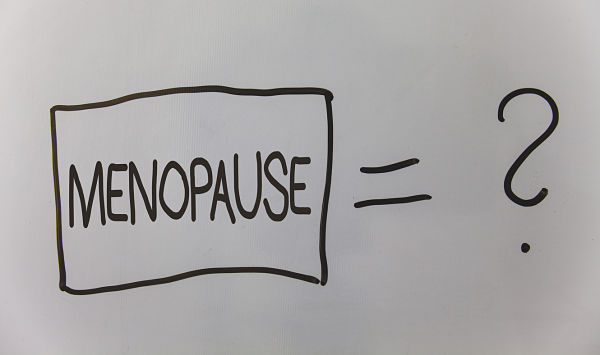Menopause and Mental Health

There’s no doubt that women hitting menopause do suffer from mental health symptoms which range from anxiety , mood swings and brain fog to full blown panic attacks or depression. Indeed some research claims that women are two to four times more likely to experience depression.
However, it’s often difficult to unravel cause and effect in medical scenarios and perhaps there is no situation which more clearly illustrates this than trying to resolve whether the menopause itself affects an individual’s mental health. Here’s why…
It’s possible that it’s coincidental
Approaching that time of life coincides with many life changes:
- Your children could be leaving home leaving that inevitable empty nest
- You may have to start more actively looking after your ageing parents
- You may have to look after grandchildren at a time when you thought you’d got your life back!
- You could be eating badly and doing little exercise
- You may fear ageing in a society that values youth
- You may feel as if you have hit the buffers in your career
It’s possible it could be consequential:
- Hot flushes have led to sleep deprivation which makes it difficult to function
- The end of menstruation and thus the ability to conceive can feel horribly finite
- Vaginal dryness and loss of libido can strain marital relations
- Mood swings may be affecting relationships with friends and family so that you are isolated
It’s possible it could be chemical:
We know that a reduction of oestrogen has a significant effect on your brain’s regulation of moods and emotions. This is both direct and indirect
Direct: Lowered levels of oestrogen cause lower levels of an enzyme known as MAO which damage neuro transmitters relaying dopamine, serotonin, melatonin and norepinephrine.
Indirect: the imbalance between oestrogen and progesterone causes stress in the body which consequentially produces the stress hormone cortisol.
There’s a suggestion that some women who have previously suffered from severe PMS or post natal depression struggle with more sever menopausal mood swings.
We also know that a reduction in oestrogen has been shown to have the potential to trigger or aggravate existing mental disorders such as schizophrenia or bipolar disorder.
Whatever your time of life, if you are feeling low for a prolonged period of time you should talk to your GP. And, if you are at a stage of perimenopause or menopause, you DO NOT just have to put up with mental health symptoms.
In terms of menopause, NICE (National Institute for Health and Care Excellence) recognise that mental health challenges may be part of it and offer recommendations which include both medication with HRT and therapy through CBT.
SSRI’s and SNRI’s (types of anti-depressants) have not been shown to be effective unless depression has actually been diagnosed. For this reason it’s important to mention that your perimenopause or menopause is in progress otherwise you could be put on anti-depressants which may mask a symptom rather than solve the cause.
Unfortunately a 2018 survey by the British Journal of Family Medicine revealed that nearly 60% of GP’s were prescribing antidepressants for the management of the mood related symptoms so it may also help you to mention the NICE guidelines.
I do hope this has been helpful.
We make every effort to ensure that all health advice on this website is accurate and up to date. However it is for information purposes and should not replace a visit to your doctor or health care professional.
As the advice is general in nature rather than specific to individuals we cannot accept any liability for actions arising from its use nor can we be held responsible for the content of any pages referenced by an external link.
